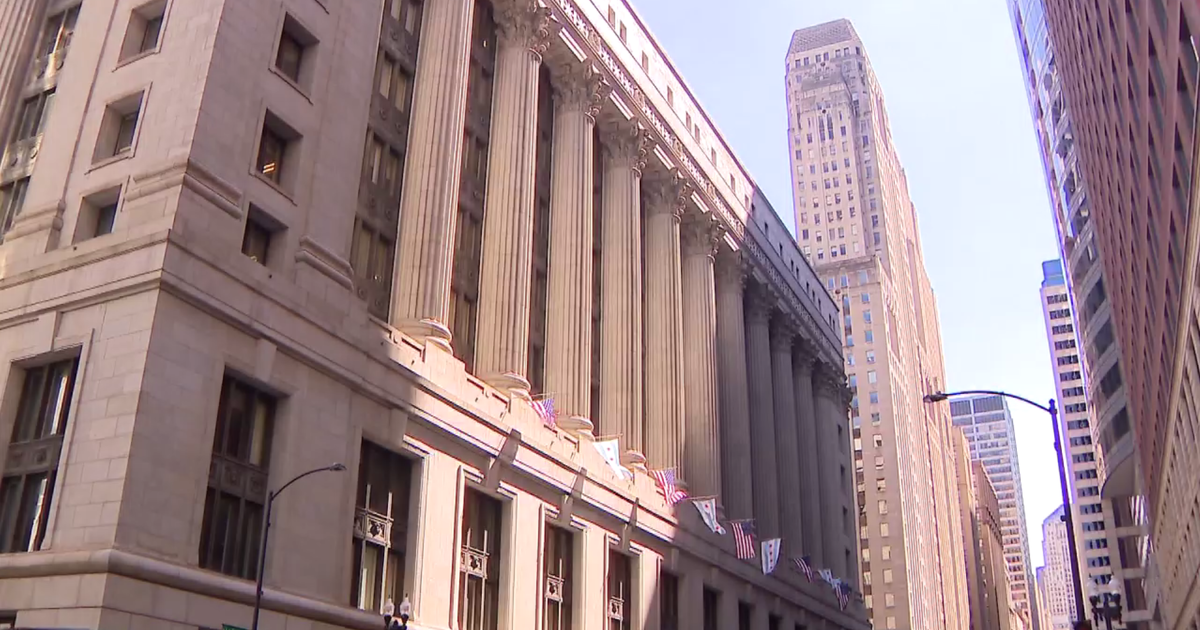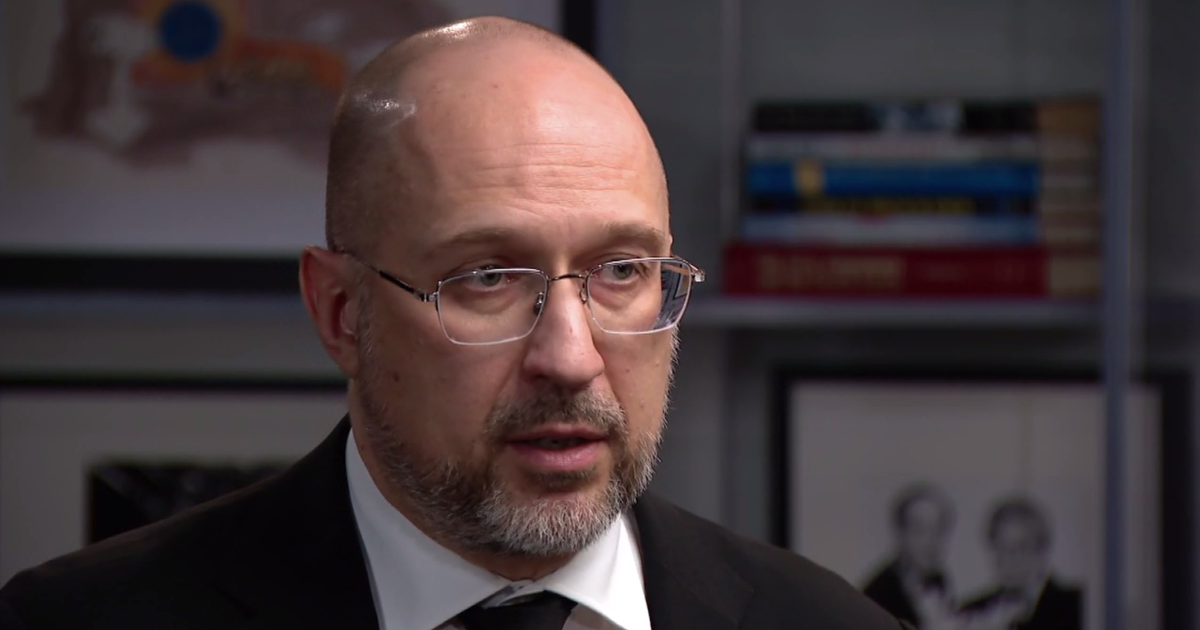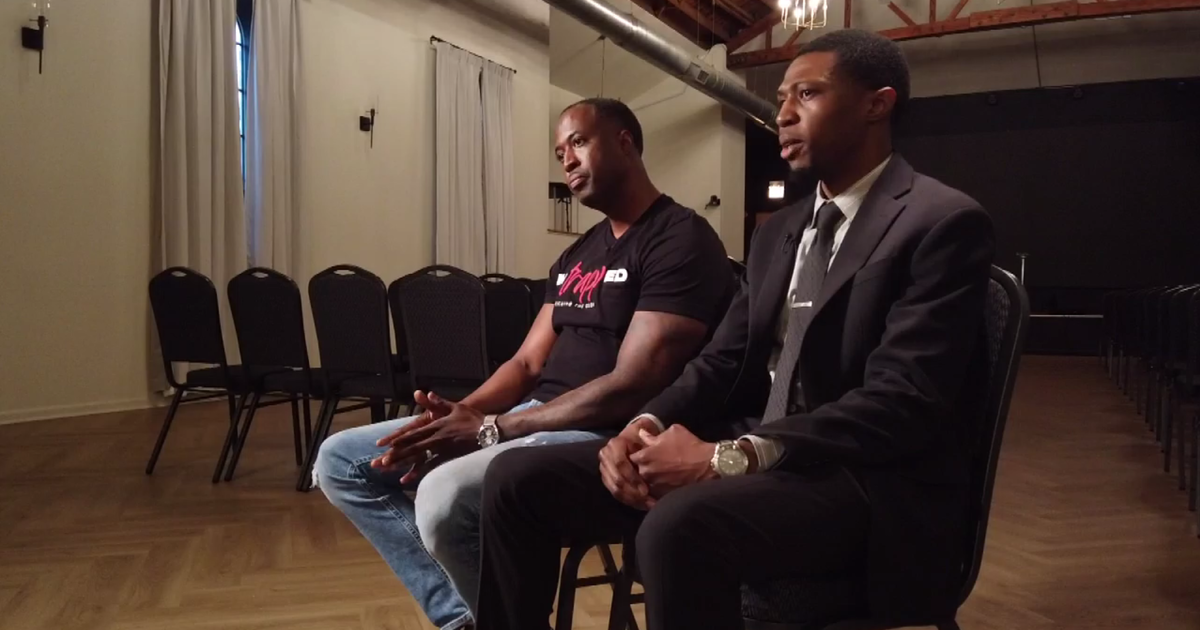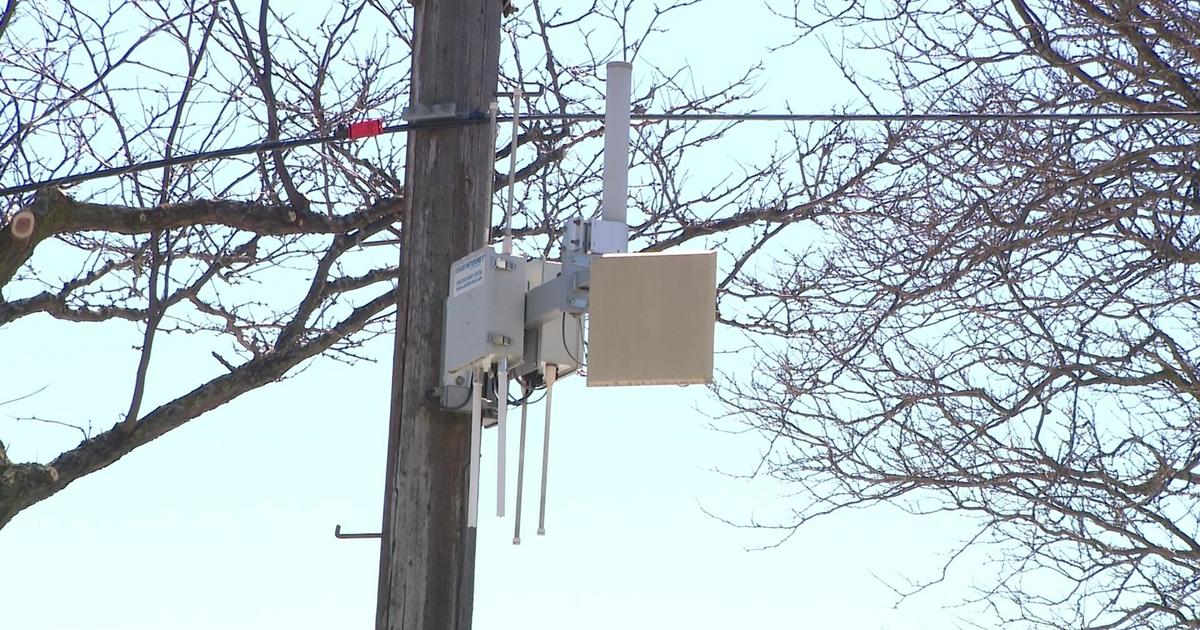Presidential Clemency Powers: How Do They Work? What's The Difference Between A Pardon And A Commutation?
CHICAGO (CBS) -- President Donald Trump said Wednesday he's considering commuting the sentence of imprisoned former Illinois Gov. Rod Blagojevich, which would mean an early release from his 14-year prison sentence.
It's unclear if or when Trump will actually set Blagojevich free, but the president told reporters he is not considering a full pardon for the former governor, which would carry more benefits for Blagojevich.
So how does the presidential clemency process work, and what is the difference between a pardon and a commutation?
THE U.S. CONSTITUTION GRANTS PRESIDENTS THE POWER TO GRANT PARDONS
Article II, Section 2, Clause 1 of the Constitution says "shall have Power to grant Reprieves and Pardons for Offenses against the United States, except in Cases of Impeachment."
That means the president can only grant clemency for federal crimes, not state crimes, and cannot spare himself or another government official from being impeached.
HOW DOES THE CLEMENCY PROCESS TYPICALLY WORK?
A person convicted of a federal crime file petitions through the Office of the Pardon Attorney at the Justice Department. Pardon attorney staff then reviews each individual case, asks the FBI for a background investigation, and seeks input from prosecutors and the judge.
A staff attorney then passes a recommendation up the food chain: to the pardon attorney, then the deputy attorney general, an associate White House counsel, the White House counsel, and finally the president.
Someone convicted of a federal crime can only request a full pardon five years after he or she has been released from prison, but anyone still in prison can seek a commutation, which would reduce their sentence if granted.
However, presidents can grant a pardon or commute a convict's sentence without receiving a formal petition. President Trump pardoned former Arizona sheriff Joe Apraio in 2017, before he was even sentenced for his conviction for disobeying a judge's order to end his policy of using traffic stops and workplace raids to find suspected undocumented immigrants.
Presidents also can attach conditions to a pardon or commutation, such as paying a fine or restitution, or undergoing drug or alcohol treatment. Because of that, someone can refuse a pardon or commuted sentence if they are unwilling to meet the conditions set out by the president.
WHAT'S THE DIFFERENCE BETWEEN A PARDON AND A COMMUTATION?
A pardon grants a convict more benefits than a commuted sentence.
While neither form of clemency clears a conviction from a person's record, or implies innocence, a pardon does restore many of the civil rights most felons lose after they're found guilty.
Most felons can't vote, run for elected office, own a gun, or serve on a jury. They also can face discrimination when applying for a job, and are restricted from getting certain licenses. A pardon restores those rights.
Felons whose sentences are commuted, however, only get the benefit of getting out of prison early. None of the other benefits of a pardon apply to them.
CAN CLEMENCY BE OVERTURNED?
No. Neither Congress nor the courts have the power to overrule a president once he has issued a pardon or commuted someone's sentence.



